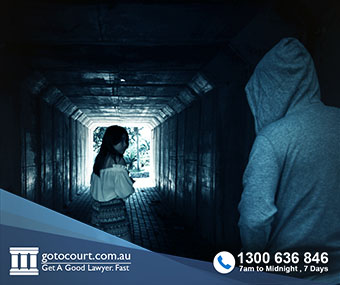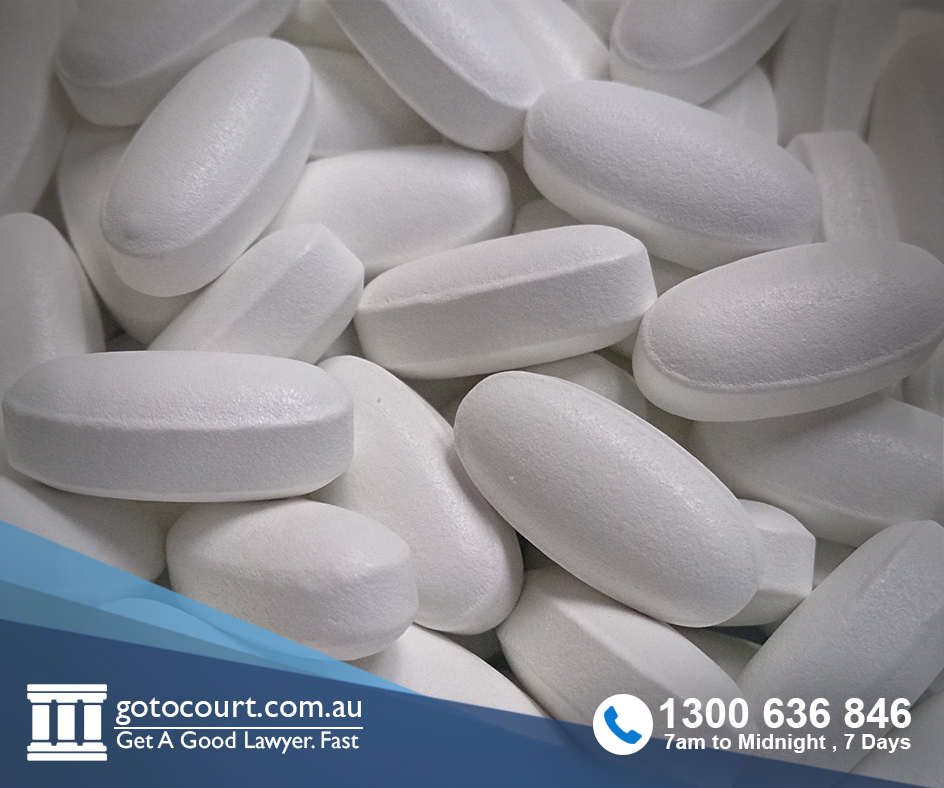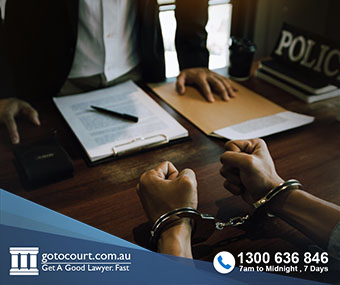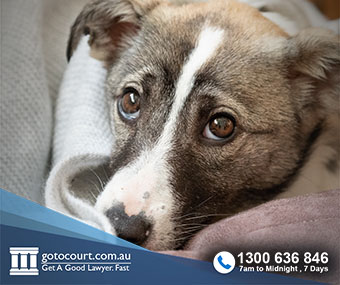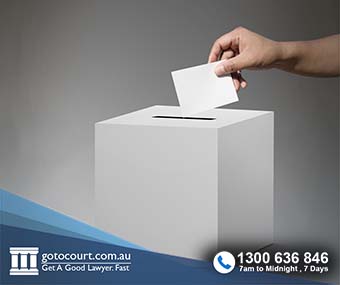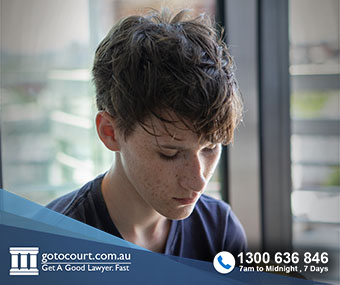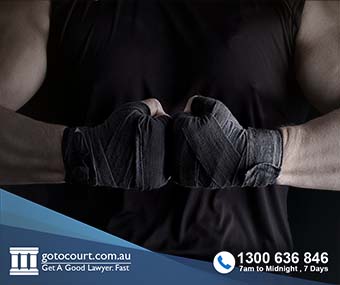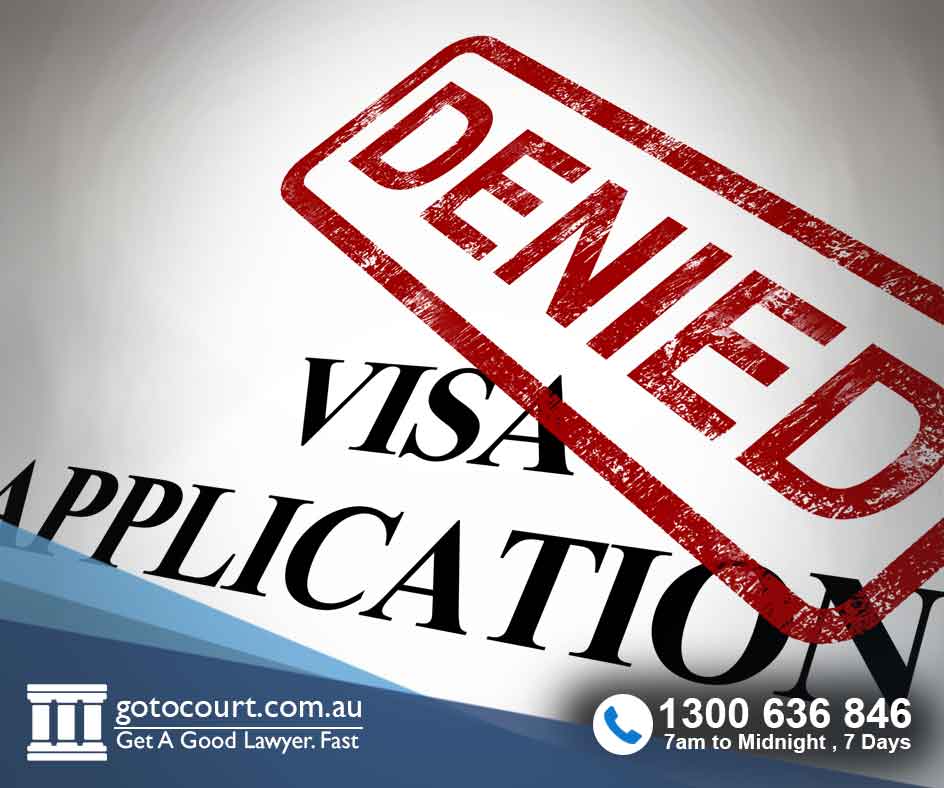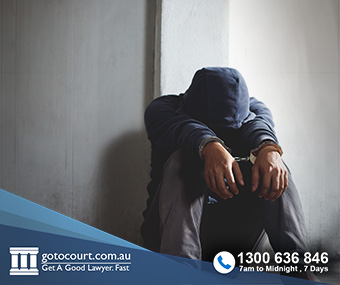Breath Testing on Private Property
Breath Testing on Private Property
The blood alcohol limit for drivers with a full licence in all Australian states and territories is 0.05, while for other licences it is zero. Every driver and driver trainer can be breath tested in defined circumstances, with slight differences in when and where you can be tested and the penalties for refusing between New South Wales, Victoria, Queensland, South Australia, Tasmania, Western Australia, the Northern Territory and the ACT.
Every state and territory allows random breath testing. They also exempt from breath testing drivers who are injured or have a physical or health condition which means that they can’t provide a sample, allowing for blood testing instead.
New South Wales
Breath testing on private property in New South Wales is governed by the Road Transport Act 2013. Under this Act, being on private property doesn’t always prevent you from being breath tested; however, you can’t be tested at your home. Your home is the place where you live, and includes your driveway and any dedicated parking space.
If you are involved in an accident where someone died – whether that accident happens on private or public property (including your home), police can arrest you without warrant and take you to the police station to conduct testing for alcohol.
You can’t be breath tested if more than 2 hours has passed since the incident in question.
If you are breath tested at home, you may be able to be keep the result out of court. Without this evidence, the Police won’t be able to prove a ‘prescribed concentration of alcohol’ (PCA) case. Police may even drop the charge if representations along these lines are made.
However, you could be charged with driving under the influence. For this offence, police don’t have to prove that you were driving with a certain amount of alcohol in your system but simply that you were affected by alcohol while driving. This may be evidenced by the way that you were driving at the time, and your demeanour, such as if your speech was slurred, or you were stumbling.
Australian Capital Territory
The Road Transport (Alcohol and Drugs) Act 1977 states that police can enter any premises, including your home, using as much force as necessary to conduct alcohol or drug testing if they have reasonable grounds to suspect that:
- you were driving a vehicle when it was involved in a traffic accident, or
- you failed to stop when police requested you to do so, and
- you were driving while over the prescribed limit or under the influence of alcohol or any drug, and
- police require that you take a screening test, and
- you are on the premises.
Victoria
Under the Road Safety Act 1986, if you’re asked to provide a breath or drug test it is illegal to refuse, no matter where you are. Consequently, police can conduct breath testing on private property.
You can be tested if you are or were driving, or attempting to drive, or a driver trainer, or if police believe that you were driving and you were involved in a traffic accident, provided it is within three hours of the driving.
South Australia
Police in South Australia are allowed to conduct breath testing on private property. Under the Road Traffic Act 1961, they have the power to breath test you whether you are driving or attempting to drive or have recently driven or are acting as a driver trainer anywhere and at any time. Police may also require you to submit to a breath test if you are:
- involved in an accident
- committing a driving offence
- behaving in a manner that suggests your ability to drive is impaired,
provided that not more than eight hours has passed since the driving, and you have been advised of the consequences of not providing a breath sample, and of your right to provide a blood sample instead.
Western Australia
In Western Australia, there is no exception for drivers from whom a breath test is requested by police where the driver is on private property under the Road Traffic Act 1974.
Following an accident or traffic violation, police may require anyone they suspect may have been the driver of a vehicle involved to submit to a breath test.
You don’t have to provide a breath sample if more than four hours have passed since the event that led to the breath test request.
Northern Territory
Under the Northern Territory Traffic Act 1987, police are allowed to conduct breath testing on private property.
The police may require you to submit to a breath test if they suspect you are or have been driving under the influence. They may also require it if you were involved in a crash, although this does not apply to a crash on private property.
If you don’t provide a sufficient sample, or if police believe that you may have been driving while over the limit, they can arrest you without warrant and detain you for testing, provided that not more than 4 hours has passed since the event that led to the breath test request.
Queensland
Under the Transport Operations (Road Use Management) Act 1995, police may require anyone anywhere to provide a breath test, either at a police station or any other place.
If you don’t submit to the test voluntarily, police may use as much force as necessary to take you for testing.
You can be tested if they reasonably suspect that during the previous threehours you were driving or attempting to drive or in charge of a motor vehicle, tram or train, if it was involved in an incident resulting in injury, death or damage to property.
Tasmania
Under the Road Safety (Alcohol and Drugs) Act 1970, if police have reasonable grounds to suspect you’ve been driving under the influence, they may, within three hours of the driving, arrest you without warrant and/or impound your vehicle, and take you to be tested or test you wherever you are. Consequently, police can conduct breath testing on private property. They can also enter your vehicle using such force as is necessary.
If you require legal advice or representation in any legal matter, please contact Go To Court Lawyers.

Affordable Lawyers
Our Go To Court Lawyers will assist you in all areas of law. We specialise in providing legal advice urgently – at the time when you need it most. If you need a lawyer right now, today, we can help you – no matter where you are in Australia.How It Works




1. You speak directly to a lawyer
When you call the Go To Court Legal Hotline, you will be connected directly to a lawyer, every time.

2. Get your legal situation assessed
We determine the best way forward in your legal matter, free of charge. If you want to go ahead and book a face-to-face appointment, we will connect you with a specialist in your local area.

3. We arrange everything as needed
If you want to go ahead and book a fact-to-face appointment, we will connect you with a specialist in your local area no matter where you are and even at very short notice.



